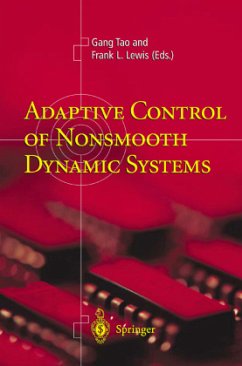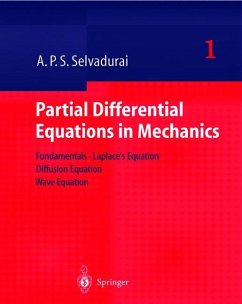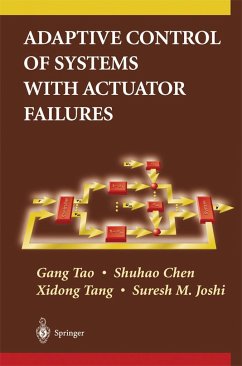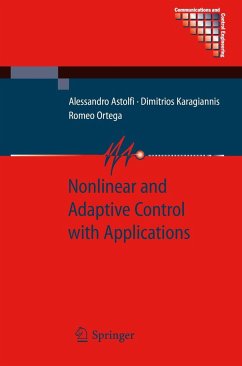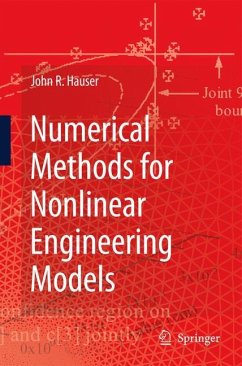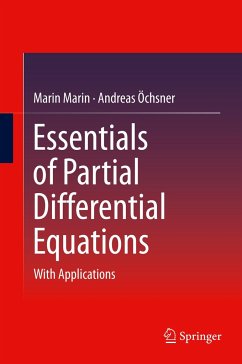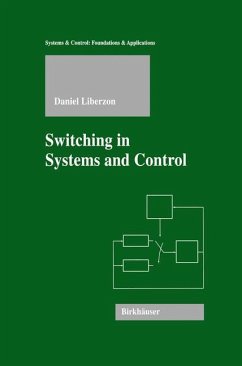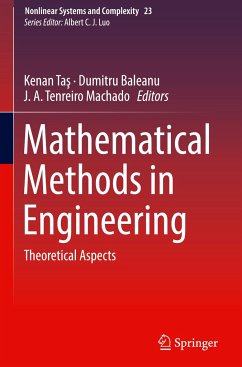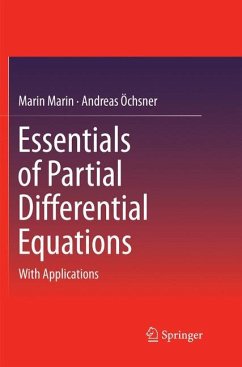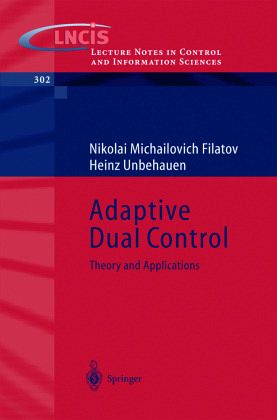
Adaptive Dual Control
Theory and Applications
Versandkostenfrei!
Versandfertig in 1-2 Wochen
77,99 €
inkl. MwSt.

PAYBACK Punkte
39 °P sammeln!
This monograph demonstrates how the performance of various well-known adaptive controllers can be improved significantly using the dual effect. The modifications to incorporate dual control are realized separately and independently of the main adaptive controller without complicating the algorithms. A new bicriterial approach for dual control is developed and applied to various types of popular linear and nonlinear adaptive controllers. Practical applications of the designed controllers to several real-time problems are presented. This monograph is the first book providing a complete expositio...
This monograph demonstrates how the performance of various well-known adaptive controllers can be improved significantly using the dual effect. The modifications to incorporate dual control are realized separately and independently of the main adaptive controller without complicating the algorithms. A new bicriterial approach for dual control is developed and applied to various types of popular linear and nonlinear adaptive controllers. Practical applications of the designed controllers to several real-time problems are presented. This monograph is the first book providing a complete exposition on the dual control problem from the inception in the early 1960s to the present state of the art aiming at students and researchers in adaptive control as well as design engineers in industry.





